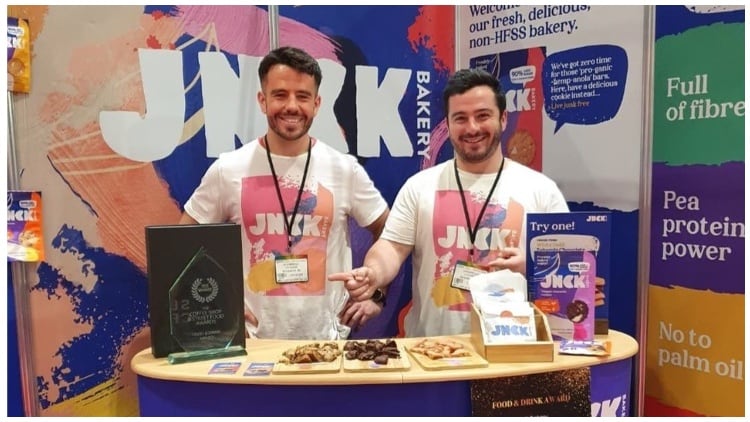Former Graze CEO, Anthony Fletcher, who founded Urban Legend in 2021, confirmed the business appointed recovery firm Leonard Curtis.
According to Food Manufacture’s sister title, The Grocer, a marketing process to find potential buyers has been wrapped up and an unnamed buyer is lined up to purchase the IP and patented technology behind its lower calorie doughnuts.
The looming collapse of the business blizzardy follows considerable funding pumped into the business. In 2022, Urban Legend successfully completed a second round of fundraising in less than a year, with the investment directed towards a custom-built, high-tech factory in London. Then in 2024, it secured backing from both Samworth Brothers’ venture capital (VC) arm, Perfect Red, and Mondelez International’s VC, SnackFutures Ventures.
What happened?
The latest audited accounts for year ended 31 July 2024 available on Companies House under Believe in Science Ltd, reveals a £4.7 million loss. Since its launch, total losses account for around £11.5 million.
Mark Lynch, partner at financial advisory firm, Oghma Partners offered the following analysis: “The business failure was probably down to the usual problem of costs exceeding income and inadequate provision of working capital. In the case of Urban Legend, it appears, from the outside, that whilst they had achieved sales into some of the multiple retailers, the distribution was not that wide across the retail estate.
“So a lack of sales looks to have been an issue here. Urban Legend was offering a differentiated product through its low calorie products, it seems that its processes and technology may well prove attractive to other players in the space and we might expect the brand and or technology to be resurrected in another form, as another industry player steps in, or, one of the current investors steps up.”
Weighing in, managing partner and co-founder of Food Strategy Associates, Robert Lawson, added that the rising popularity of clean label and cost-of-living crisis has done the business no favours.
“Urban legend rode the health trend on calorie controlled sweet treats alongside Skinny Bars which rode the wave to become market leader by volume in UK bars. But ultimately health focus has shifted in consumer minds to prioritise clean ingredients – and for Urban Legend, the back of pack reads like a chemistry set,” Lawson suggested.
Lawson points out that unlike Skinny Bars, Urban Legend’s price point is “pretty high”, and he believes this combination of a premium price tag with concerns over UPFs (i.e. long ingredients lists) has likely helped to drive its downfall.
Whilst HFSS will continue to drive NPD with lower sugar, fat and salt options within the sweet bakery category among others, Lawson offered the following reminder: “taste is always king”.
Leonard Curtis has been approached for comment.





